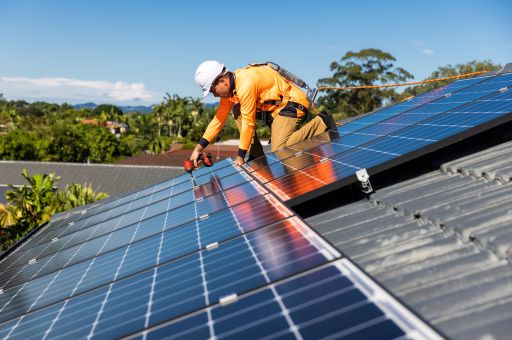Spain’s Ministry for the Ecological Transition and the Demographic Challenge has allocated €148.5 million from the Recovery, Transformation and Resilience Plan to 199 projects featuring innovative renewable energy technologies — such as agrivoltaics, floating solar PV, and systems integrated into infrastructure — all incorporating energy storage.
The RENOINN programme, managed by the Institute for Energy Diversification and Saving (IDAE), also supports collective self-consumption projects involving vulnerable consumers and renewable heat pump systems for climate control. Altogether, the selected initiatives will add 299.6 MW of generation capacity — mostly photovoltaic — and 351.6 MWh of storage.
TDB keeps you informed. Follow us on: Facebook, Twitter and Instagram
Ministry of Ecological Transition allocates €148 million to 199 innovative renewable energy projects with storage
Territorial distribution and main lines
- Most projects are located in Catalonia (79), the Valencian Community (30), Castile and León (17), and Andalusia (13).
- The largest budget share goes to agrivoltaics with storage (€77.1M for 62 projects), many installed on farms with crops such as olives, vines, fruit trees, or cereals, using elevated structures that enable coexistence of farming and solar power.
- Funding also covers 11 floating PV projects (€10.1M), mainly on irrigation ponds, and 27 infrastructure-integrated renewable projects (€23.4M), including wastewater treatment plants, landfills, and service areas.
- For collective self-consumption involving vulnerable consumers, €18.2M will be invested, potentially benefiting around 4,000 households. A standout project in Madrid will receive €8.4M for 33.25 MW and 17 MWh of storage.
- The final line awards €19.6M to renewable heat pump systems (aerothermal, hydrothermal, and geothermal) for residential communities and energy service companies.
All funded actions must comply with the EU principle of “do no significant harm” to the environment.
